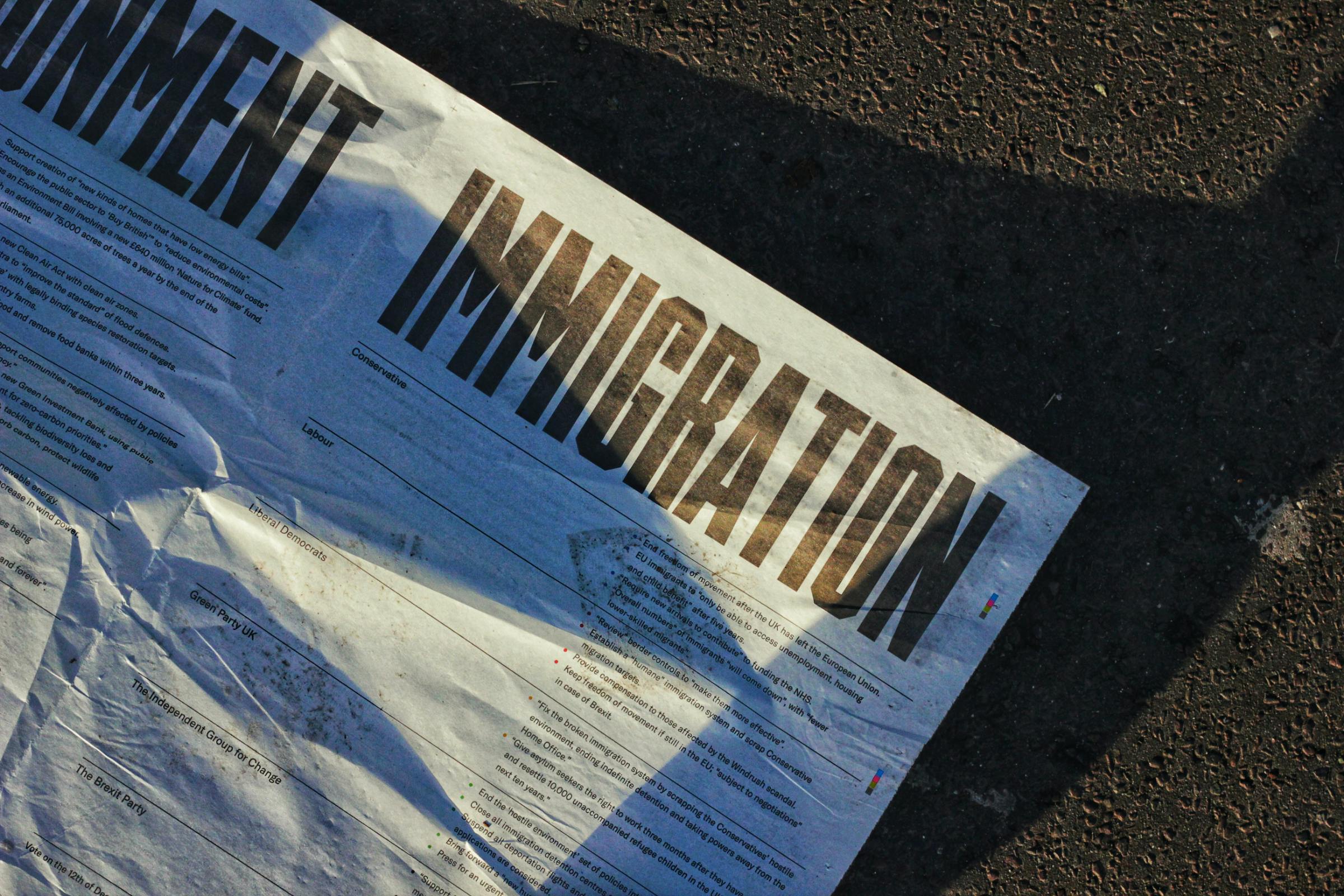The USCIS is updating their policy manual with regard to special immigrant juveniles (SIJs) in the United States. SIJs are children that are living in the United States that seek the protection of a state agency or family member due to an ongoing problem of abuse or neglect. These children will need to have a valid juvenile court order issued by a state court in the United States which finds that they cannot be reunified with their parents. Courts and the plaintiff will also need to establish the basis that is not in the childs best interest to return to their country of nationality.[1]
Special immigrant juveniles are unique because unlike other classes of immigrants, there are relatively few barriers they will need to face in order to adjust their status. In other words, SIJs can apply for legal permanent residence in the United States fairly easily.
Policy Changes
One of the first changes the USCIS has made with regards to SIJs is changing the age-out policy for this class of immigrants. The USCIS will get rid of their current aging-out policy, which means that an applicant seeking an immigration benefit as they turn 21 will effectively be denied that benefit because they have become ineligible. Now, the USCIS will consider I-360 petitioners even if they turn 21 while the petition is still pending with the USCIS. This is fairly important because it gives more leeway to applicants who would otherwise qualify for SIJ status, even on the cusp of their 21st birthday.
In addition, the USCIS will allow SIJs the right to apply for a work permit (work authorization) if they cannot pursue a green card because of limited availability. Finally, the USCIS has also made it clear that in the process of deciding whether an applicant should be granted SIJ status, they should not be forced to contact an abusive parent for evidentiary requirements in their court case.
Filing for a Green Card
Anyone who wishes to become a legal permanent resident (green card holder) in the United States needs to fill out an I-485 application. If you granted SIJ status, you will also need to fill out an I-485 application, but you should be careful and make sure you correctly fill out the application based on your status. Applicants who are granted SIJ status, unlike other I-485 applicants, do not need to submit evidence of financial support (affidavit of support). For more information on key filing steps, the USCIS outlines additional instructions in the following PDF: https://www.uscis.gov/sites/default/files/document/forms/i-485instr.pdf. Scroll to page 24 to find the appropriate steps listed.














